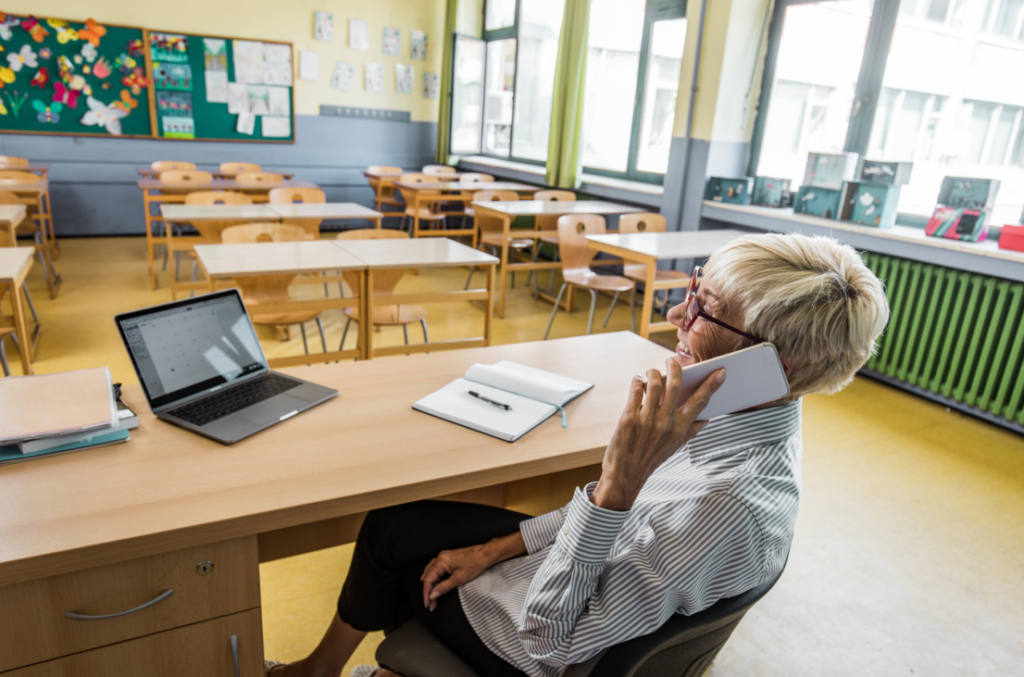3 Ways to Keep Students Engaged When Summer Is Calling
As the school year comes to a close, students are eager to leave classwork behind and spend more time with friends. Because of the desire for the freedom of summer break, many administrators see increased behavioral incidents with students in the final months of the school year.
Schools may see increases in absenteeism, decreased focus on grades, or distracting behaviors by students. It can be disheartening to see this happen. However, there is a way to help your students remain connected. While the solution may not be as simple as doing one thing differently, it might be more simple than you think.
Here are three things you can do to increase connectedness and decrease unwanted behavior through the end of the school year:
1. Greet students at the door before and after class with a smile and eye contact.
Whether it is at the main door of the school, the door of your classroom, or in the virtual learning space, take a moment to greet students as they enter and exit. Calling them by name will increase their positive feelings for themselves and for you as their teacher or administrator. You can create a caring classroom experience simply by spending a few minutes with students each day.

2. Call home to talk to students who are chronically absent just to see how they are doing.
Although extra time for educators is as rare as a golden flamingo, spending a few precious minutes to call home to check on a student’s well-being is probably worth more than a golden flamingo. Students who know their teachers or administrators care about them beyond the subject matter are more likely to perform at higher levels and attend class more frequently.

3. Involve your school service providers in the conversation.
School counselors, school psychologists, and social workers are likely to already be invested in helping students stay connected to their academic functions. Knowledge is power, so invite your service providers to join you in collaborating and reaching out to students who are at risk. They can extend your caring regard for the students and model a welcoming and compassionate standard for students and staff.
We know you are doing your best to reach your students. Taking a little time to focus on the relationship you have with each at-risk student will have a great return on investment.
Take Time for Self-Care
At Studies Weekly, we care about educators at every level. If you find yourself feeling your own desire for summer break starting to take over, consider your well-being. Are you taking time for self-care? Are you collaborating to help you be efficient and effective? Who can you talk to if you feel overwhelmed?
Take some time for yourself to be outdoors, read that book you have been waiting to pick up, or catch up on some much-needed sleep.
New Life Skills Curriculum
If you would like additional ideas to help you with your students’ well-being or your own, take a look at Studies Weekly’s Health and Wellness curriculum. We have created a stand-alone curriculum full of proven strategies and aligned to the models of leading experts. We have strategies for dealing with anxiety, overcoming fears, learning how to utilize a growth mindset, and much more.
